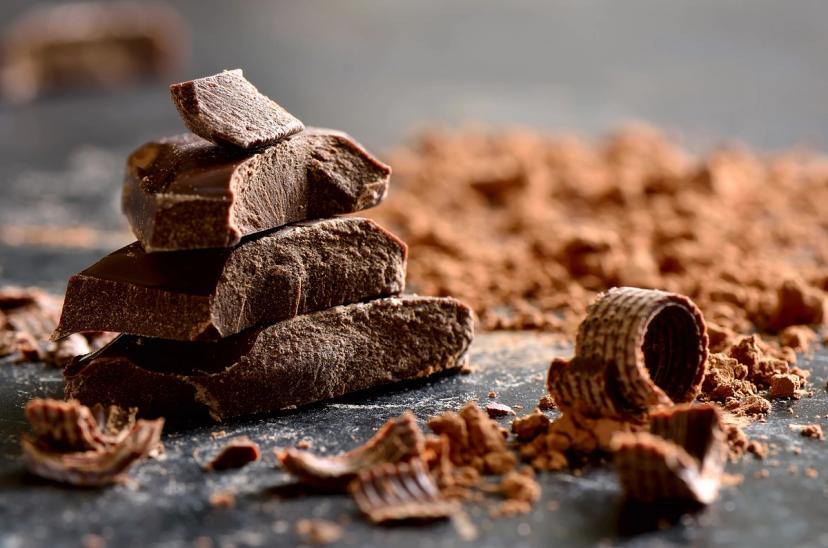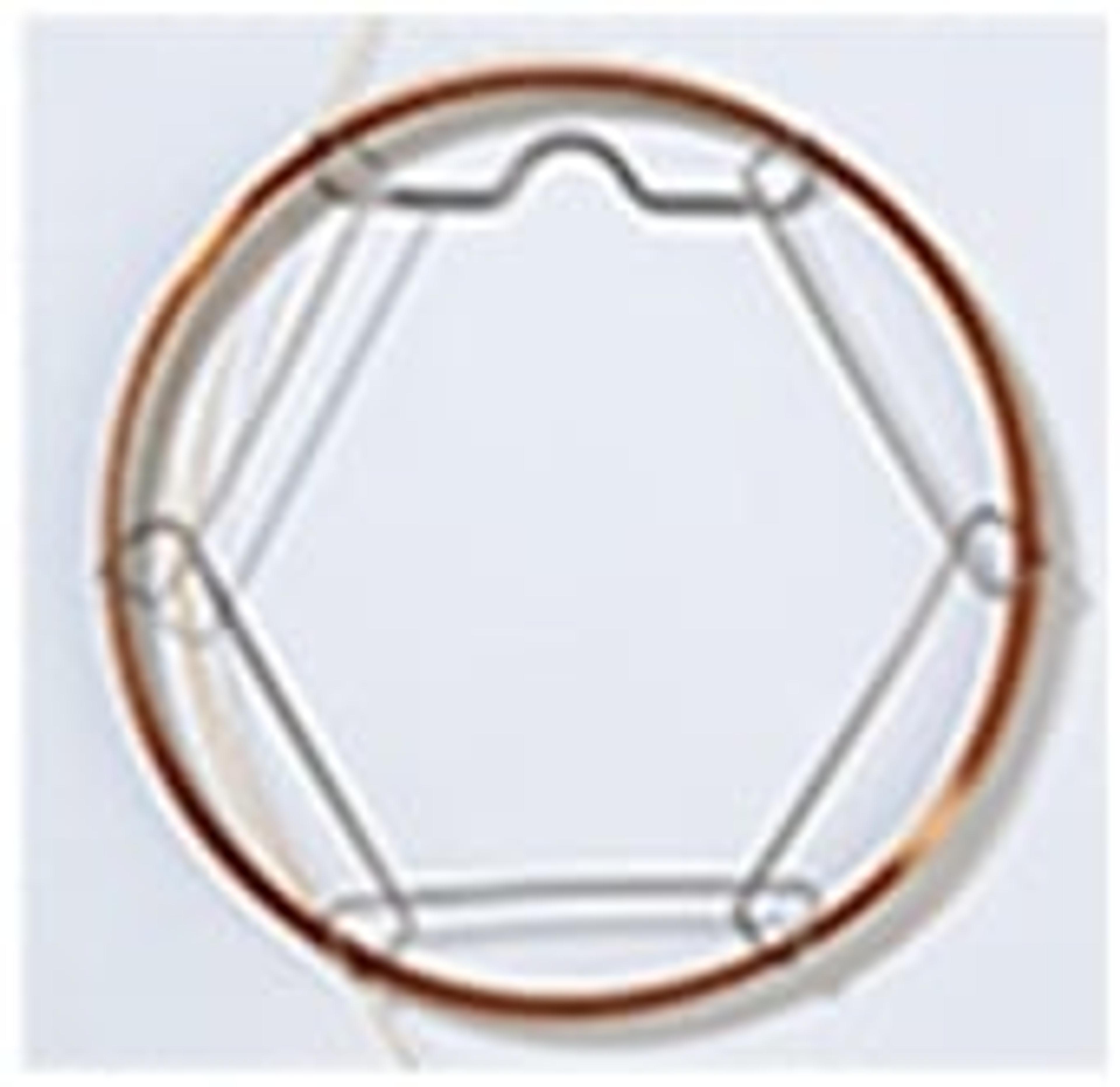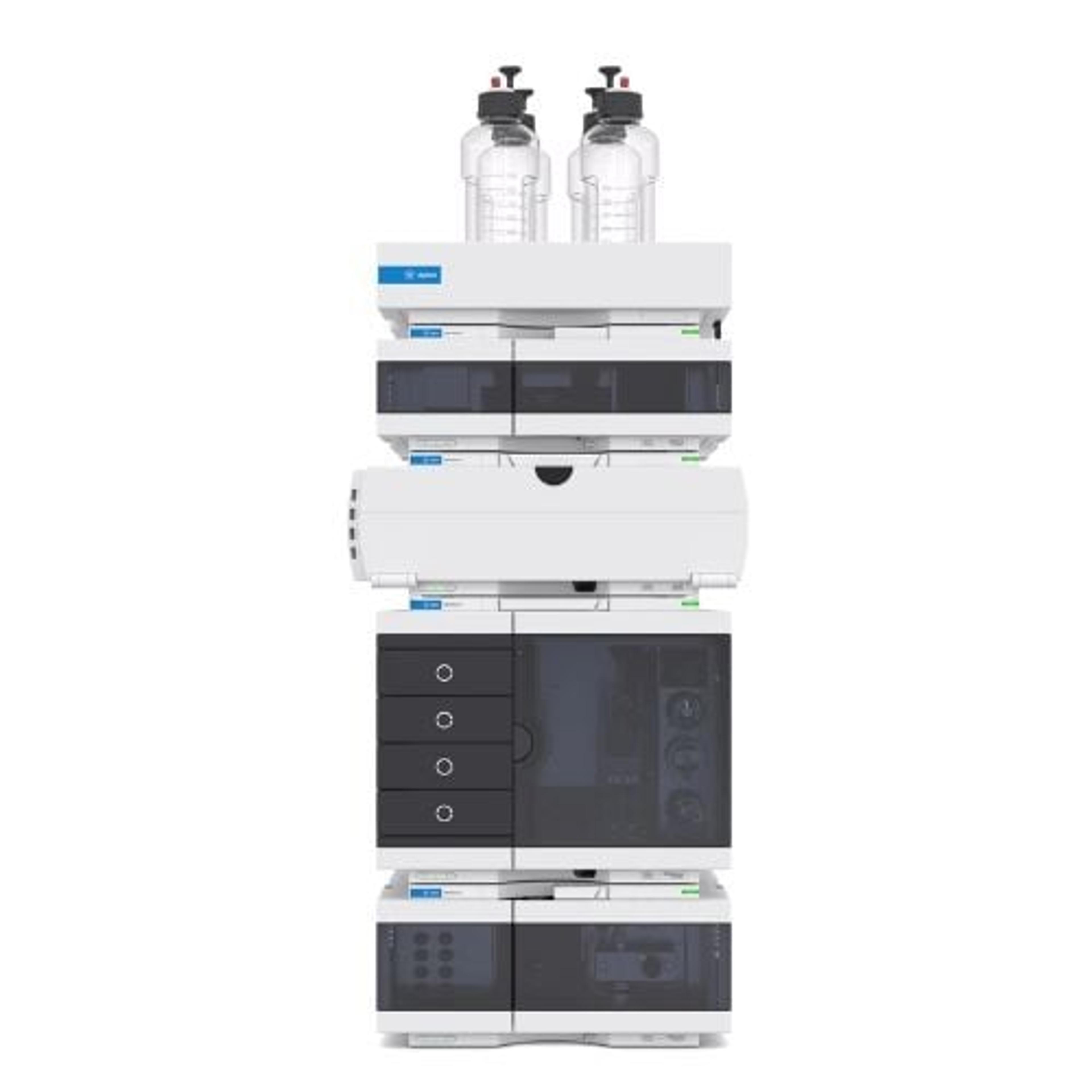Giving Something Up for the New Year? You Could Be Missing Out
Why your vices may be better for you than you think
22 Jan 2016

Why your vices may be better for you than you think...
We’ve all done it – over-indulged during the festive period, and resolved to return to the straight and narrow in the new year. Nearly half of the US will make a New Year’s resolution, but by June, less than half will still be on track1. Some of the most common New Year’s resolutions include giving up caffeine in the form of coffee or tea, drinking less alcohol, or doing more exercise.
Whilst the health benefits of being more active are fairly inescapable, you may be surprised at what you’re missing out on if you choose to give something up in 2016.
Caffeine
Across the world, over 80% of adults consume caffeine every day2, from a morning cup of coffee to a cup of afternoon tea. Caffeine stimulates the central nervous system, causing increased heart rate and alertness. The RDA for adults in the US is 200mg, but if you’re drinking over 4 cups a day, your intake could be more like 600mg2. Coffee is addictive and may cause side effects including headache, anxiety, dizziness, jitters, and heart problems. However, caffeine has also been shown to have a positive effect on long-term memory3 and to statistically lower the risk of type 2 diabetes4.
Alcohol
Cutting down on alcohol is another common resolution. However, certain alcoholic drinks do have some health benefits. Red wine has been shown to contain resveratrol, a compound produced by grapes to increase resistance to fungal infection. The same compound is also suggested to have the added benefit of reducing the risk of age-related disorders such as heart disease, and certain cancers, in humans. Your glass of vino also contains high levels of antioxidants, which have been shown to offer some protection against cardiac disease, also promoting longevity.
Chocolate
Finally, some of you may be aiming to reduce your sugar and fat intake by giving up chocolate. However, darker chocolate can contain more of those anti-aging antioxidants, previously mentioned. These antioxidants, specifically the polyphenol compounds, are also associated with a lower risk of cardiovascular disease5. Chocolate has even been shown to reduce appetite6!
If you’re thinking about making a New Year’s Resolution, why not choose something which can only do good – write more product reviews! Share your thoughts with scientists worldwide, and be in with the chance of winning great prizes.
Wishing you a happy 2016, from everyone at SelectScience®!
References:
http://activepause.com/resolutions/statistics.htm
http://www.fda.gov/downloads/UCM200805.pdf
http://hub.jhu.edu/2014/01/12/caffeine-enhances-memory
http://www.ncbi.nlm.nih.gov/pubmed/14706966
http://www.ncbi.nlm.nih.gov/pmc/articles/PMC3942736/
http://www.ncbi.nlm.nih.gov/pmc/articles/PMC3302125/#!po=22.7273


